Allison K. Williams's Blog, page 16
February 25, 2025
Deeper in Words: Writing and Ritual
By Maria B. Olujic
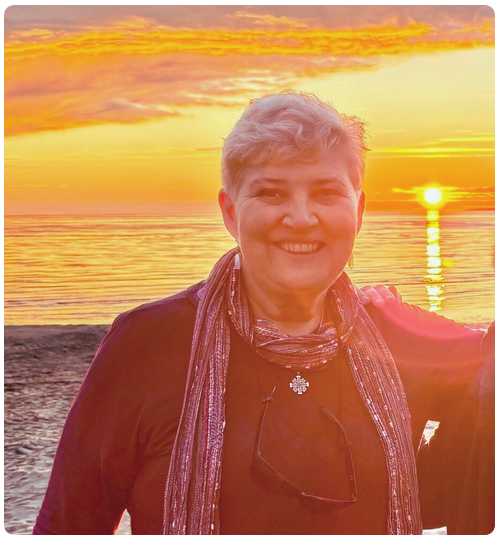
Pause arrived unexpectedly—a word etched in metal. The pendant wasn’t just a necklace but a message. Stop, breathe, and allow space. I hadn’t realized how much I needed this word until I held it, feeling its weight.
When I began drafting my memoir, I thought writing was about pushing forward—word by word—through constraint and critique. I clung to external pressures: what the writing world expected, how polished I should be, how I measured up. But somewhere along the ...
February 24, 2025
Mr. Sedaris, You’re Killing Me
By Regina Landor
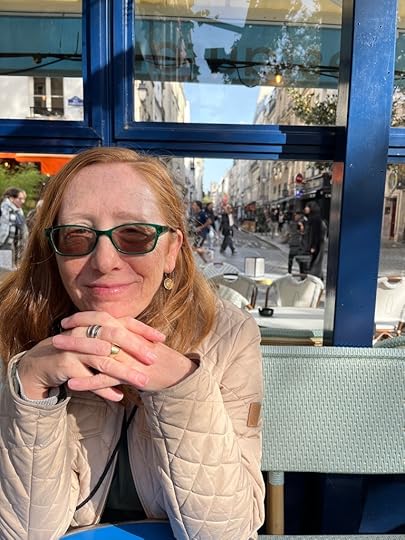
So, yeah, apparently David Sedaris and I are both studying German on Duolingo. I read about this in his last New Yorker story. He was bugging his partner Hugh by practicing his German out loud in the car. My husband, Billy, may find it just as annoying when I tell him that David and I have our Duolingo to get to.
I first learned about the writer and humorist David Sedaris in 2001 when a friend in the Peace Corps leant me her copy of his essay collection Me Talk Pretty O...
February 21, 2025
Moving Your Story from Inside to Out: On the Power of Writing to Feel
By Steve Mathias
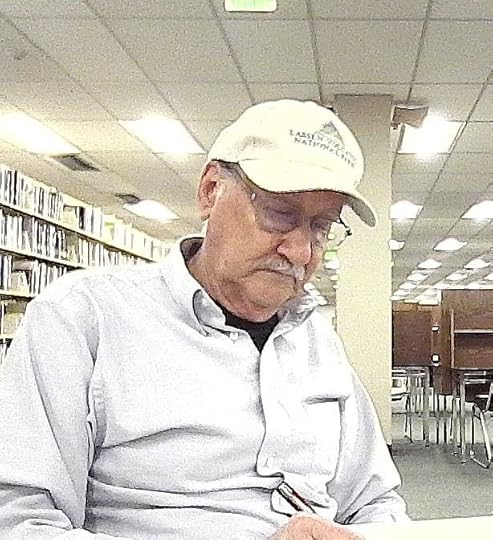
A half-century back the essayist Joan Didion memorably said, “I write entirely to find out what I’m thinking, what I’m looking at, what I see and what it means.” In a similar vein and preceding Joan by more than a decade the novelist Flannery O’Connor, writing to a friend, confessed that “I write because I don’t know what I think until I read what I say.”
Both reflections ring true for me, each laying claim to the idea that writing leads to a path of self-discovery. But...
February 20, 2025
Reaching in the Dark: On Relevance, Resilience, and Reclaiming Voice
By Bailey Gaylin Moore
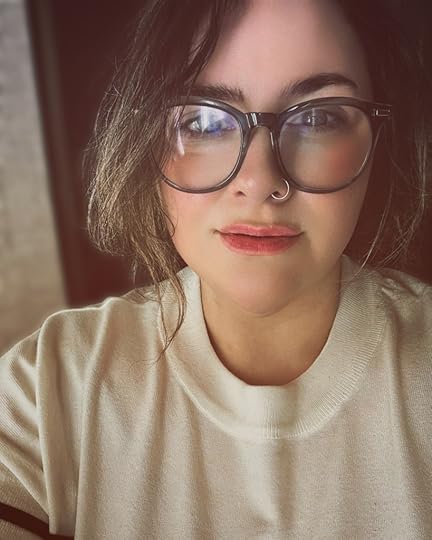
I was two semesters into my MFA program in 2016 when major social and political shifts had a direct impact on what I wrote. I got caught in bouts of researching, reading and rereading Audre Lorde, Simone de Beauvoir, bell hooks, Helene Cixous. I thought—perhaps too much—about concepts like phallogocentrism, a Derridean term used to explain how language, and therefore meaning-making, is constructed by and for men. It’s a paradigm where any marginalized person lacks th...
February 19, 2025
The Brevity Blog’s 19th Birthday
By Dinty W. Moore

In keeping with our name, we will be brief: this morning marks the Brevity Blog’s 19th Birthday.
(Our companion magazine and older sibling, Brevity, where we publish astonishing flash nonfiction, is turning 28 this year.)
We thank you, our readers, for the longevity of these enterprises, and we thank as well the many gloriously talented writers who send work here to the Brevity Blog and to Brevity itself.
The Blog, over these many years, has featured more than 3,...
February 18, 2025
Cut the Good Stuff: The Problem with Powerful Writing
By Allison K Williams

As writers, we go through a journey of competence.
When we first learn a skill, any skill, whether that’s writing or quilting or gardening or anything that we love to be good at, we are unconsciously incompetent. We don’t know how challenging our new skill is. (You’ve probably heard someone say, “Well, I want to write a book, but only if it can be a bestseller. Otherwise I don’t want to waste my time,” and snickered quietly to yourself.)
When we are unconsciousl...
February 17, 2025
Radical Revision
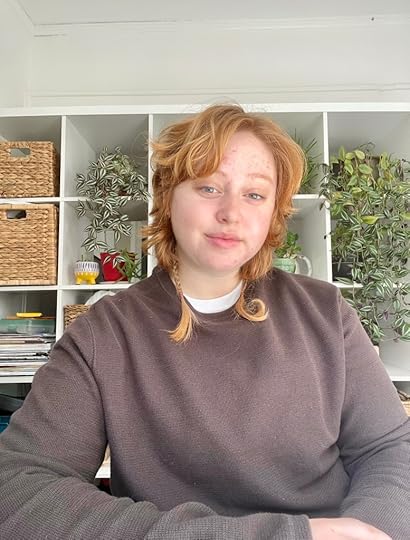
by Tara Labovich
I’d like to tear down our current idea of “editing.”
When I hear myself talk about “editing,” I hear ghostly echoes of MFA workshop feedback like,
“This just needs a little more polishing,” or,
“Add some clarity,” or,
“Make a couple of tweaks and it’ll be done.”
But—What does that mean? What polish? Which tweaks?
The editing advice we give often implies we already know what the final version of the essay should look like. It also implies that the proce...
February 14, 2025
A Crack, a Dog, and a Bowl—Writing the Mosaic Essay
By Katie Rose Pryal
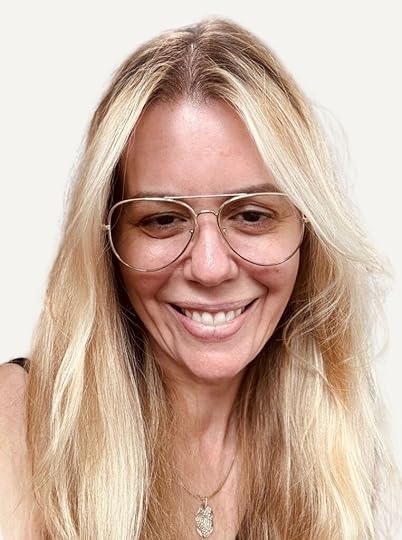
Life doesn’t come to us as a complete story. It comes in pieces, or fragments—what I call “leftovers.” Like this: I stumbled over a crack in a sidewalk today, which reminded me of a gorgeous ceramic bowl that I still adore even though it is cracked, which reminded me of the moment my beloved dog was diagnosed with an incurable illness.
These fragments might seem disconnected. But many of the best personal essays emerge from seemingly unrelated pieces of our lives—tha...
February 13, 2025
On Writing (Ekphrastic) Essays
By Melissa Ballard
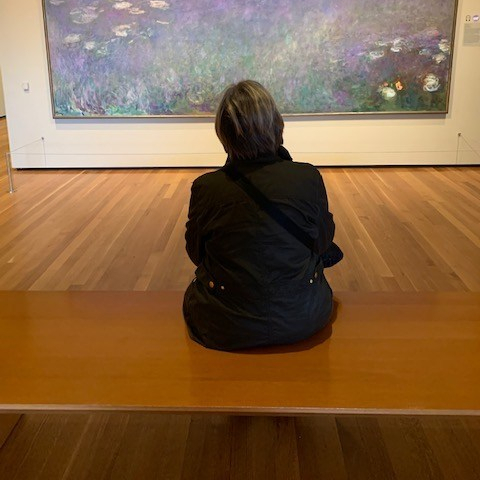
First Thoughts
I have written many essays and visited many art museums, but I have never written an ekphrastic essay, one that describes or analyzes a work of art. I considered art history as a college major until I discovered I would have to take (and, presumably, pass) studio art classes. In my experience, it is not true that anyone can learn to draw. I studied speech-language pathology instead.I saw a reference to this type of writing in the editors’ wish list...February 12, 2025
Making it Fun: How Blogging About Doing Ordinary Things in Extraordinary Situations Exploded My Audience
by K.L. Sullivan
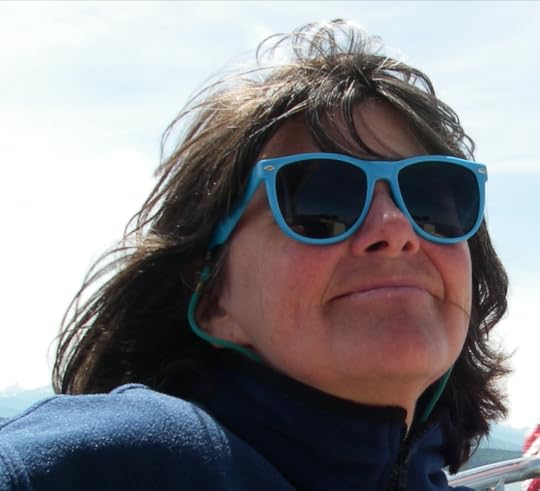
Two hundred miles south of the Equator and a thousand miles from land, my husband and I were crossing the Pacific from Mexico to New Zealand on our 24-foot sailboat. It was Spring 2012, the trade winds had stopped unexpectedly, and we were becalmed for three weeks. How calm was it? So calm that the avocado peels thrown overboard after lunch passed us.
How calm was I? Not very, after chasin...



